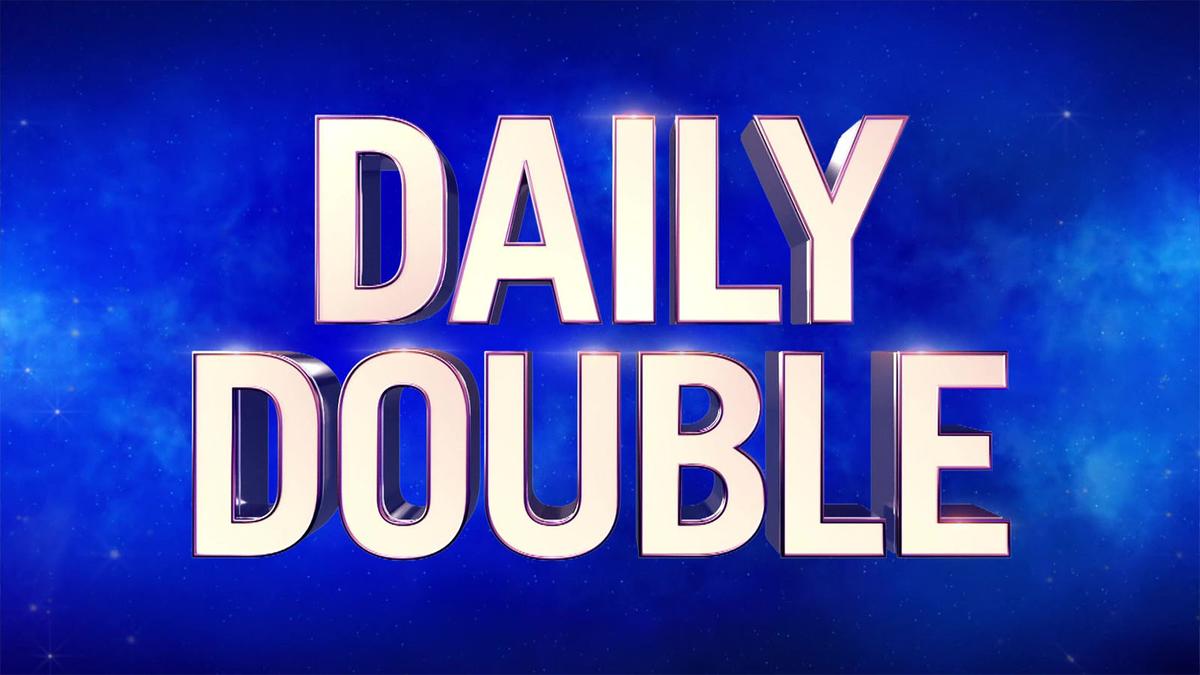Literary Devices
The specific linguistic subfamily that English belongs to (the specific branch of the larger family tree).
What is the Germanic language family?
The Old English word for the English language.
What is Englisc?
This English author, born in 1564, is responsible for introducing over 1700 words into our modern English vocabulary.
Who is William Shakespeare?
The correct Middle-English pronunciation of this phrase:
"Whan that Aprille with his shoures soote."
((Insert correct pronunciation here.))
This is both a genre and a literary device which uses exaggerated & ironic humor to expose and make fun of flaws in society/politics/culture.
What is satire?
The language family that English, Italian, Hindi, Russian, Greek, and Persian all belong to.
What is the Indo-European language family?
Of the multiple Germanic groups who invaded the Celtic Isles, these are the two whose languages combined to create Old English.
Who are the Angles & the Saxons?
A word used to describe informal vocabulary that is used in specific social circles, used more in speech than writing, and changes frequently.
This grammatical function concerns the arrangement of words, phrases, and clauses in a sentence, which is very strict and inflexible in English as compared to other languages.
For example, "you caught the fish" and "the fish caught you" are very different sentences in English.
What is sentence structure?
This Canterbury Tale satirizes medieval gender norms by having an older, bawdy, five-times-married female business-owner, tell the tale of a man who gets morally humbled by dominant female characters.
What is The Wife of Bath's Tale?
A word used to describe a full-scale variation of a specific language which includes its own vocabulary, grammar, and pronunciation.
What is a dialect?
The name of the viking-descended French people who invaded Englaland in 1066, became its rulers, and forever changed the way that English was spoken.
Who are the Normans?
This invention led to the spellings of English words becoming standardized, so that words like "night" were no longer spelled like "naht," nyghte," etc.
What is the printing press?
This event was a centuries-long process, and the reason that the word "root" is no longer pronounced "roh-t" in English.
What is the Great Vowel Shift?
A type of compound word or phrase made by combining two words and used to poetically describe something else.
What is a Kenning?
A linguistic formula created to explain the systematic differences between the Germanic language family & earlier Indo-European source languages like Latin.
What is Grimm's Law?
The author, whose depth and range of characters and humor, use of literary devices and rhyming, and honest portrayal of society and culture finally got people to take English seriously as a literary language.
Who is Geoffrey Chaucer?
The vocabulary of this English dialect is often appropriated and mistaken for Gen Z slang.
What is African American Vernacular English (AAVE)?
These two things happened at the same time in English language history, and this coincidence led to some words that are spelled similarly having different pronunciations (like cough and dough).
What are the standardization of spelling (via the printing press) and the Great Vowel Shift?
The two Old-English words for fate/destiny, which describe their viewpoint of the fate that you've been given and the fate which you meet.
What are Wyrd and Orlæg?
Given these two assumptions, we can also assume that all languages are equal.
What are the following:
1.) Any child born into a linguistic community can learn that group's language.
2.) All languages are able to communicate whatever the speakers need to express.
The approximate time periods for Old English, Middle English, and Modern English.
What are 450-1066, 1066-1500, and 1500-Today?
A word that we use (which literally means "of the common people") in Modern English to describe rude or "swear" words, because the French-speaking rulers of high-medieval England used it to describe the Germanic English of their subjects.
What is "vulgar?"
"I," "me," and "my" are all examples of this grammatical system (which is much less common in English than most other languages in its family tree) for the first-person personal pronoun.
What is "case?"

The opening lines of Beowulf in Old English.
What is "Hwæt! We Gardena in geardagum, þeod-cyninga þrym gefrunon, hu ða æþelingas ellen fremedon."